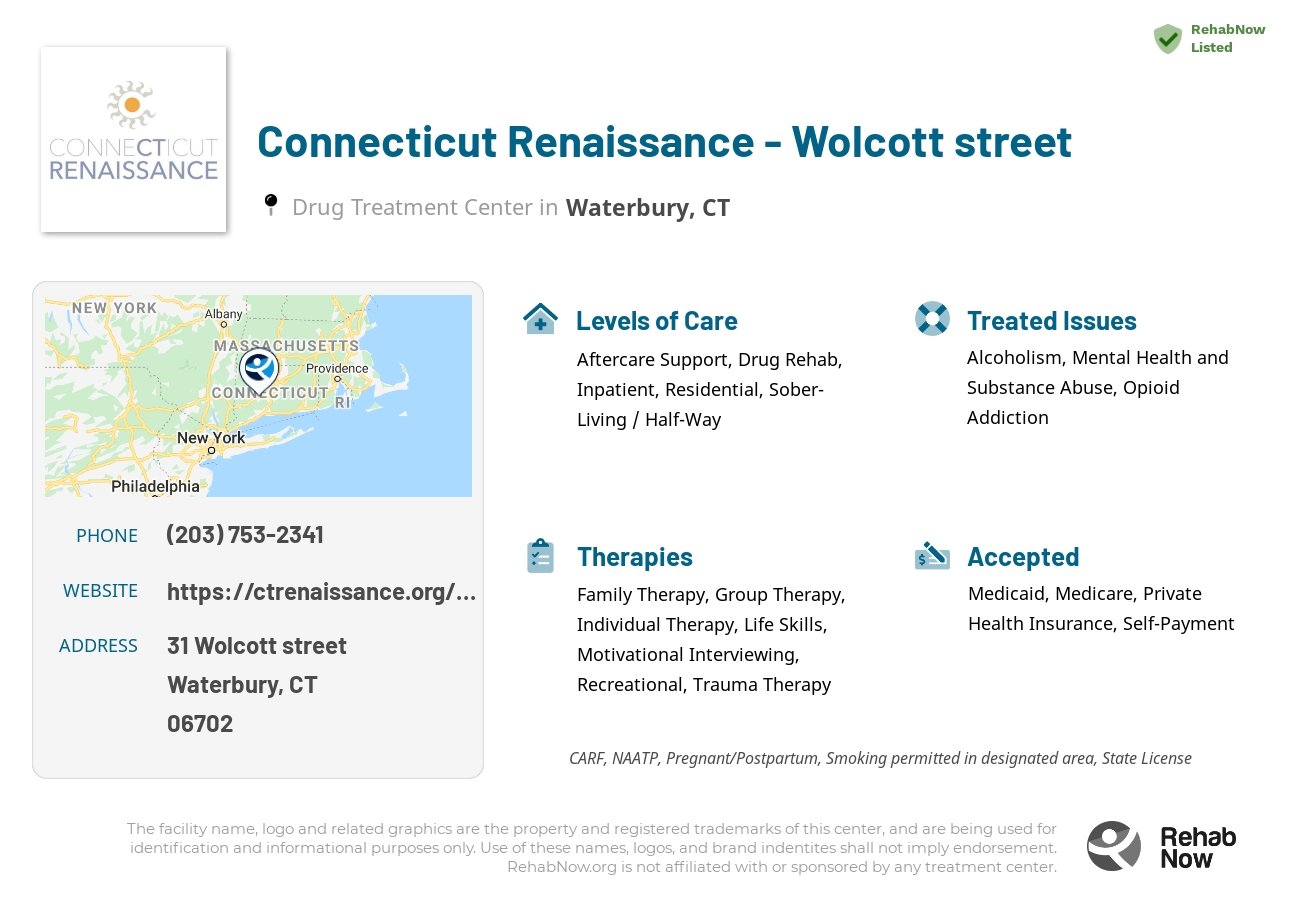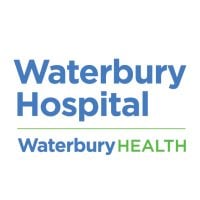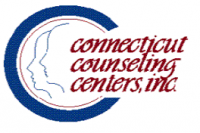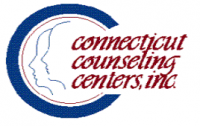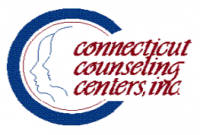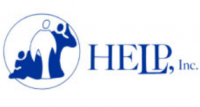Connecticut Renaissance - Wolcott street
Drug Rehab Center in Waterbury, Connecticut
Connecticut Renaissance - Wolcott Street in Waterbury, Connecticut is a substance abuse and addiction facility that offers comprehensive care and services, including medically supervised detoxification, addiction counseling, specialized treatment plans, 24/7 on-site nursing care, certified therapists, and a variety of therapy sessions and specialized programs to assist clients in achieving long-term recovery.
About This Connecticut Facility
Connecticut Renaissance - Wolcott Street, located in Waterbury, CT, specializes in treating men with mental health diagnoses and/or substance addiction. Housed in a former convent, it offers a unique and peaceful setting for recovery. Their commitment to positive change is reflected in their individualized treatment plans and the use of best practices in a caring environment.
- Unique Setting: The facility's location in a former convent provides a tranquil environment conducive to recovery.
- Individualized Care: Treatment plans are tailored to meet each client's specific needs, ensuring a personalized approach to recovery.
- Comprehensive Services: Offers a broad spectrum of services including case management, housing, and life-skills training for a holistic recovery process.
Connecticut Renaissance - Wolcott Street is CARF-accredited, underscoring its commitment to high standards of care and evidence-based practices. Their primary focus is to empower clients and equip them with the necessary tools for a healthy reintegration into the community.
The facility addresses a range of issues including Alcoholism, Opioid Addiction, Dual Diagnosis, and Drug Addiction. Treatment methods include individual and group counseling, family therapy, and activities designed for relapse prevention, catering to various levels of care from inpatient and residential to detox and aftercare.
Genders
Ages
Modality
Additional
Accreditations

CARF
The Commission on Accreditation of Rehabilitation Facilities (CARF) is a non-profit organization that specifically accredits rehab organizations. Founded in 1966, CARF's, mission is to help service providers like rehab facilities maintain high standards of care.
Conditions and Issues Treated
Opioid addiction treatment should be done in a medically supervised drug rehab. Opioid addiction treatment will include detoxification and drug rehab counseling to help both the user and their loved ones learn how to live a successful sober lifestyle. Methadone, buprenorphine, and naltrexone are three medications that can help treat opioid addiction. Individual drug rehab counseling sessions can be helpful to discuss any questions or concerns with the drug treatment program.
Levels of Care Offered at Connecticut Renaissance - Wolcott street
This center offers a variety of custom treatment tailored to individual recovery. Currently available are Aftercare Support, Drug Rehab, Inpatient, Residential, Sober-Living / Half-Way, with additional therapies available as listed below.
Inpatient treatment is an option that provides addicts with a supportive environment in which they can stop using. This type of intensive care and supervision is appropriate for those who were unable to quit on their own or need more structure than they could get from outpatient treatment, such as the addict most in need of this level of care.
The goal of inpatient rehab is for the addict to stay focused on sobriety and remain free of mood altering substances. Inpatient treatment programs usually offer the following: detox, therapy groups, one-on-one counseling, medication management and aftercare planning.
Sober Living Homes are used in drug rehab to help former addicts maintain sobriety. The staff provides the residents with a safe and supportive living environment to learn how to live a sober life. The staff members also provide the residents with resources to equip themselves better to live a sober life. They also provide them with opportunities for exercise, many of which encourage learning coping mechanisms that will be helpful later on.
Residential treatment programs are those that offer housing and meals in addition to substance abuse treatment. Rehab facilities that offer residential treatment allow patients to focus solely on recovery, in an environment totally separate from their lives. Some rehab centers specialize in short-term residential treatment (a few days to a week or two), while others solely provide treatment on a long-term basis (several weeks to months). Some offer both, and tailor treatment to the patient’s individual requirements.
Aftercare is a part of drug rehabilitation. It is also known as “post-treatment support.” Aftercare programs are available for addicts after they complete drug rehab. It is often the final step in the recovery process. The goal of aftercare is to ensure that addicts maintain their achievements in rehab and do not relapse. Professionals generally provide aftercare (including addiction therapists, physicians, social workers, psychologists) and involve individual and group therapy sessions.
Therapies & Programs
Individual therapy is a critical component of addiction recovery. It allows the patients to go deep into their core issues and discover how to handle those problems better. Therapy can be conducted in individual sessions as well as group settings. In individual therapy for addiction, the patient meets with their therapist one-on-one to focus on the underlying issues. This allows patients to open up and discuss personal topics they may not feel comfortable discussing in a group setting. This type of therapy can help develop solutions specific to each patient, which helps speed up the recovery process.
Family therapy is a crucial part of drug treatment and getting sober. It is one of the most effective ways to help addicts stay on the path to long-term sobriety. When a drug addict decides that they want to try and get sober, it takes the support of every person they love to succeed. It can be incredibly difficult for loved ones to watch an addict go through the pain and suffering of withdrawal, but by being there with them and supporting them, they can help to make sure that the addiction never returns.
One of the most important parts of family therapy is the relapse prevention plan. During treatment, therapists and doctors will often sit down with the addict and their family to develop a plan in case the addict ever feels like they want to use again. This plan should involve steps the addict and family can take together to prevent them from relapsing in the future. An addict’s family can play a vital part in helping them to avoid relapse because they can spot the warning signs and help them get back on track before it becomes too much of a problem.
Group therapy helps prevent addicts from feeling isolated or unique in their situation by offering a sense of comfort and fellowship. It also creates a forum for addicts to build their support systems and learn from each other. The group therapy sessions at Connecticut Renaissance - Wolcott street occur in a group setting rather than one-on-one to create a safer, controlled environment where addicts feel comfortable.
Trauma therapy helps people dealing with addiction by allowing them to confront the traumas of their past and move past them. It is important to note that trauma therapy should not be confused with PTSD (post-traumatic stress disorder) Rather, it is used to treat the effects of trauma, which are often at the root of addiction.
The best drug treatment centers offer various services to help addicts learn how to live without drugs. Since addiction is a chronic physical and mental illness, addicts need to learn as many life skills as possible to help them stay clean and sober.
Many drug treatment centers like Connecticut Renaissance - Wolcott street offer life skills activities as part of their addiction recovery programs. Examples include cooking classes, employment training, resume writing seminars, parenting classes, and computer training. When addicts have various life skills to lean on, they’re better equipped to put their addiction behind them for good.
The primary goal of life skills activities at drug treatment centers like Connecticut Renaissance - Wolcott street is to help addicts recover from addiction and learn how to live a useful, productive life. Life skills activities help addicts find employment, take care of their families, and give back to the community. After learning about these various life skills, addicts are better prepared to return to society and lead happy healthy lives.
Payment Options Accepted
For specific insurance or payment methods please contact us.
Is your insurance accepted?
Ask an expert, call (888) 674-0062
Connecticut Renaissance Associated Centers
Discover treatment facilities under the same provider.
- Connecticut Renaissance - Waterbury West Treatment Program in Waterbury, CT
- CT Renaissance in Stamford, CT
- Connecticut Renaissance - Main Street in Bridgeport, CT
- Connecticut Renaissance - Central Avenue in Waterbury, CT
- Connecticut Renaissance - Outpatient Behavioral Health Clinic in Norwalk, CT
Learn More About Connecticut Renaissance Centers
Additional Details
Specifics, location, and helpful extra information.
Waterbury, Connecticut 6702 Phone Number(203) 753-2341 Meta DetailsUpdated April 15, 2024
Staff Verified
Patient Reviews
There are no reviews yet. Be the first one to write one.
Waterbury, Connecticut Addiction Information
Connecticut has a higher rate of substance abuse and addiction than the national average. The state ranks in the top 10 in the country for illicit drug dependence among those ages 18 to 25. In 2010, there were 9,211 people admitted to an alcohol treatment facility for alcohol abuse combined with a secondary drug. Connecticut ranked fifth in the United States of America for the number of fatalities involving drunk driving in 2014.
Waterbury, CT is a community that has been deeply affected by drug addiction and abuse. In 2019, there were 1,496 reported cases of drug abuse and addiction. In Waterbury, there were 112 overdose deaths in 2016, which is a rate of 24.8 deaths per 100,000 people. The most commonly abused drugs in Waterbury are heroin and cocaine. The city has established several initiatives to help residents get treatment services.
Treatment in Nearby Cities
- Weston, CT (30.5 mi.)
- Meriden, CT (11.4 mi.)
- North Stonington, CT (59.8 mi.)
- Terryville, CT (8.6 mi.)
- Ansonia, CT (14.6 mi.)
Centers near Connecticut Renaissance - Wolcott street
The facility name, logo and brand are the property and registered trademarks of Connecticut Renaissance - Wolcott street, and are being used for identification and informational purposes only. Use of these names, logos and brands shall not imply endorsement. RehabNow.org is not affiliated with or sponsored by Connecticut Renaissance - Wolcott street.



